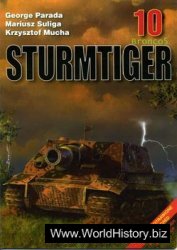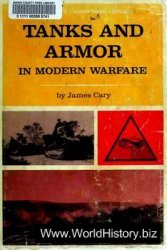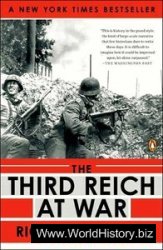An account of the ten-year war in Afghanistan, covering its political origins to the Soviet withdrawal in 1989 and written for a junior high to high-school audience can be found in D. J. Herda's The Afghan Rebels: The War in Afghanistan (1990). A general look at the politics, culture, geography, and history of Afghanistan is found in Mir Tamim Ansary's Afghanistan: Fighting for Freedom (1991). For readers interested in personal narratives, Mohammad Yousaf's The Bear Trap: Afghanistan's Untold Story (1992) documents the period of the Soviet occupation. My Hidden Face: Growing Up Under the Taliban, A Young Woman's Story (2001), by
Latifa with the collaboration of Sheekeba Hachemi, offers a personal account of the situation of women under the Taliban. Useful general histories of Afghanistan may be found in Martin Ewan's Afghanistan: A New History (2001) and Willem Vogelsang's The Afghans (2002).
For a detailed explanation of the circumstances that led to the Great Saur Revolution and the subsequent guerrilla fighting, Rasul Bux Rais's War Without Winners: Afghanistan's Uncertain Transition After the Cold War (1994) provides a fresh outlook on the happenings of the period. For students interested in the geography, history, economy, and culture of Afghanistan, with a special emphasis on how the country sits at the crossroads of Europe and the Far East, Sharifah Enayat Ali's Afghanistan (1995) is an excellent source.
By far the best treatment and overview of the wars in Afghanistan can be found in Ludwig W. Adamec's Dictionary of Afghan Wars, Revolutions, and Insurgencies (1996). Adamec is also the author of the very useful Historical Dictionary of Afghanistan (1997). Another treatment of the Soviet invasion of Afghanistan is found in M. Hasan Kakar's Afghanistan: The Soviet Invasion and the Afghan Response, 1979-1982 (1997). For students who are interested in a more scholarly treatment of the troubles in Afghanistan, Ralph H. Magnus's Afghanistan: Mullah, Marx, and Mujahid (1998) provides an excellent in-depth analysis.
Much information on Afghanistan is available on the Internet. A basic search for the word "Afghanistan" will yield many useful sites, although some of these Web sites must be used with discretion. As many of them promote a particular political philosophy, students must look at several different sites to receive an adequate explanation of politics in Afghanistan. For current information on events in Afghanistan the site Http://www. afghannews .com should be consulted. For an overview of Afghanistan and its politics, Http://www. afghan. gov. af will prove useful. Several Internet sites list Afghan refugees and provide chat rooms for people who wish to reunite with their friends and families.




 World History
World History









